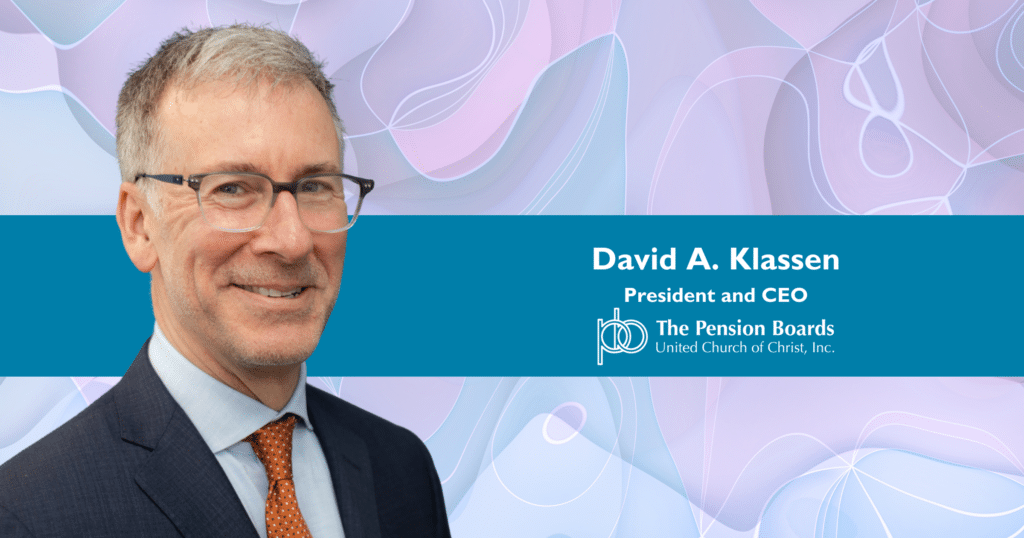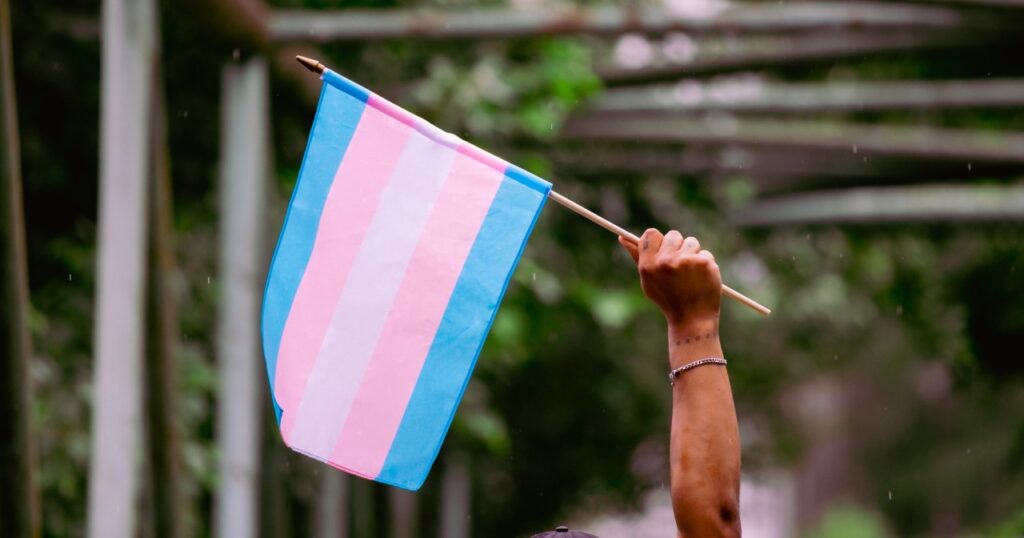General Synod to address mass incarceration, torture with solitary confinement cell
 Attendees of the 2015 General Synod of the United Church of Christ will have the opportunity to experience what life is like inside the four walls of a solitary confinement cell. The UCC’s Justice and Witness Ministries will showcase a full-sized replica of a 6-foot by 9-foot prison special housing unit, or solitary confinement cell, in the General Synod Exhibit Hall. The exhibit aims to raise awareness around issues of mass incarceration and torture, and to mobilize faith communities to advocate for an end to solitary confinement practices.
Attendees of the 2015 General Synod of the United Church of Christ will have the opportunity to experience what life is like inside the four walls of a solitary confinement cell. The UCC’s Justice and Witness Ministries will showcase a full-sized replica of a 6-foot by 9-foot prison special housing unit, or solitary confinement cell, in the General Synod Exhibit Hall. The exhibit aims to raise awareness around issues of mass incarceration and torture, and to mobilize faith communities to advocate for an end to solitary confinement practices.
General Synod 2015 will take place June 26-30 at the Cleveland Convention Center.
“With increasing attention and awareness in the media around policing practices, needed changes in the criminal justice system, and prison policies and management, we thought it was timely to bring this exhibit to General Synod as a way to continue this important public conversation,” said Sandy Sorenson, director of the UCC’s Justice and Witness Ministries office in Washington, D.C. “It must lead us to ask what place solitary confinement has in the criminal justice system, when it is clear that the experience of solitary confinement does not have any true rehabilitative capacity.”
Synod participants are invited to walk through and spend time in the cell as a way to experience solitary confinement, which advocates deem is a form of torture. The cell will be installed and staffed by representatives from the National Religious Campaign Against Torture, and is designed as a tool for education and reflection around issues of mass incarceration and solitary confinement.
According to NRCAT, prolonged solitary confinement is equated to torture and can result in severe mental or physical pain or suffering. People of color and those with mental illness are disproportionately impacted. Sorenson said the practice of solitary confinement is particularly troubling because it is often justified as a means not primarily of punishing but of “protecting” incarcerated individuals thought to be at risk in the general prison population, including members of the LGBT community and juveniles held in adult prisons.
“I think many, if not most, of us have assumptions about and perceptions of solitary confinement that will be powerfully challenged by experiencing this exhibit at General Synod,” Sorenson said. “I don’t think we as a society fully understand the profound, long-term impact of solitary confinement and the real, sometimes unrepairable, damage it can do to an individual’s physical and mental health. The damage to the human soul and spirit is a moral challenge to us as people of faith.”
The General Synod Exhibit Hall will house displays from more than 100 exhibitors. Special features of this Synod are the “Be the Church” mini-workshops, taking place in the exhibit hall throughout the week, where visitors will have the opportunity to hear success stories and gain new ideas for ministry and spiritual growth. More information about these workshops, as well as the other exhibits, can be found in the General Synod program book distributed at the convention center.
Related News
Pension Boards appoints David A. Klassen as its President, CEO
The Pension Boards, an affiliated ministry of the United Church of Christ recently announced its...
Read MoreTrans Day of Visibility message from UCC’s Thompson: ‘We will continue to show up and speak up’
On March 31, pale pink and baby blue striped flags fluttered in the wind in front of homes,...
Read MoreHelp Wanted
While in Washington, DC on Ash Wednesday, the 44th day of the current administration, I made...
Read More



